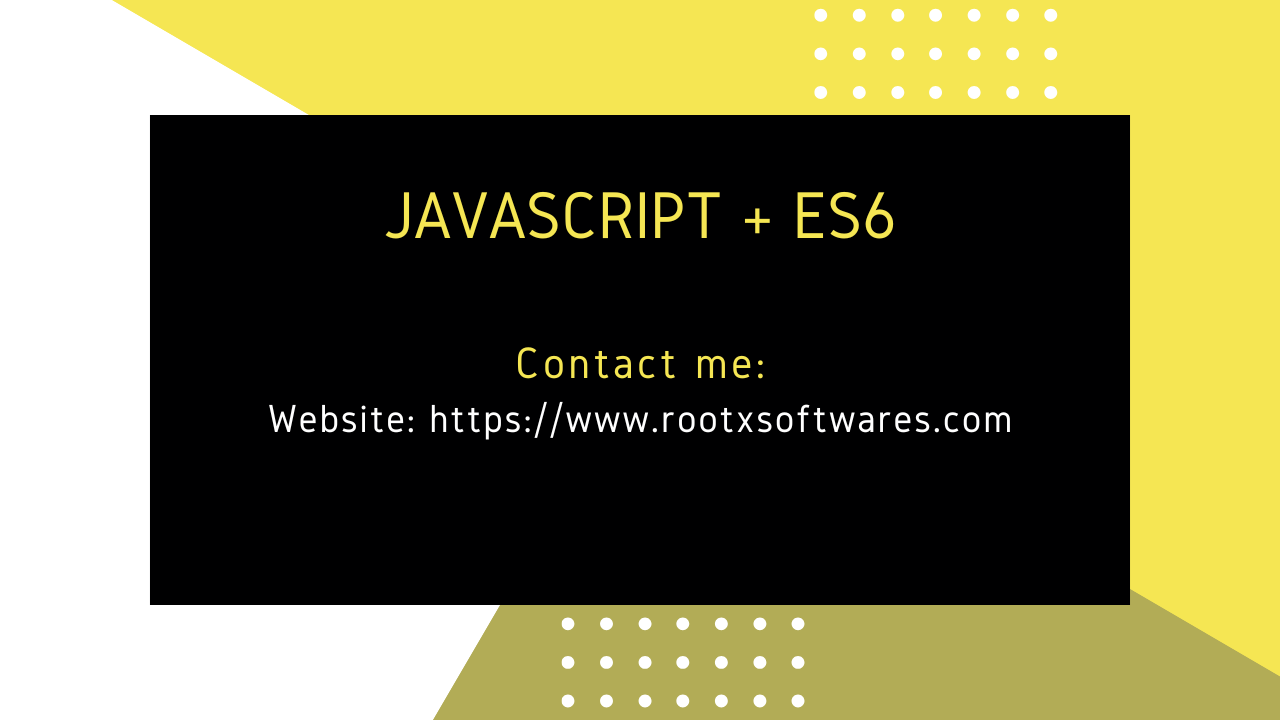If you’re planning to build an app development career in 2025, starting with Flutter development is one of the smartest choices you can make. A Flutter development career offers cross-platform opportunities and strong global demand.
One of the best answers in 2025 is Flutter—Google’s open-source framework for building cross-platform apps. Flutter has become a favorite among developers and companies because it allows you to create apps for Android, iOS, web, and even desktop with a single codebase. This makes it an excellent starting point for anyone looking to break into app development.
In this article, you’ll learn:
- What Flutter is and why it’s popular
- The advantages of learning Flutter for beginners
- Essential skills you need to become a Flutter developer
- Career opportunities and earning potential
- A step-by-step path to kickstart your journey
What is Flutter?
Flutter is a toolkit from Google. It lets developers build apps for Android, iOS, web, and desktop with one codebase. Unlike other frameworks that rely heavily on web technologies, Flutter compiles to native code, offering better performance and smoother user experiences.
Key highlights of Flutter:
- Single codebase for multiple platforms
- Rich set of customizable widgets
- Fast development with Hot Reload
- Backed by Google and supported by a growing community
Why a Flutter Development Career is Worth Considering
Several factors explain Flutter’s rapid growth:
- Cross-Platform Efficiency
Instead of writing separate code for Android and iOS, Flutter lets you write once and deploy everywhere. This saves time and resources—something every company values. - Beautiful UI Design
Flutter offers a wide range of widgets that allow developers to build sleek and responsive user interfaces that look great on any device. - Growing Job Market
More startups and established companies are choosing Flutter, which creates a strong demand for skilled developers. - Open-Source Ecosystem
Being open source, Flutter benefits from a large, active community. This means you’ll find tutorials, packages, and support easily.
Advantages of Learning Flutter for Beginners
Beginner-Friendly Language: Flutter uses Dart, which is relatively easy to learn for newcomers, especially if you’ve tried Java or C++.
Rich Learning Resources: Free documentation, YouTube tutorials, and community forums make it easy to get started.
Strong Career Foundation: Even if you later move to native Android (Kotlin) or iOS (Swift), learning Flutter will give you valuable programming and UI design experience.
Freelance & Remote Work Potential: Many small businesses and startups prefer Flutter apps, creating opportunities for freelancers.
Essential Skills to Learn as a Flutter Developer
If you want to succeed, focus on building these core skills:
- Dart Programming Basics – Understand syntax, OOP concepts, and async programming.
- State Management – Learn how to manage data and UI efficiently (e.g., Provider, Riverpod, or Bloc).
- API Integration – Practice fetching and displaying data from REST APIs.
- Database Handling – Get familiar with SQLite, Hive, or Firebase for storing data.
- Version Control – Use GitHub or GitLab to manage projects and showcase your work.
- UI/UX Principles – Understand design basics, accessibility, and responsive layouts.
Steps to Build Your Flutter Development Career in 2025
Learn Dart Fundamentals
Start with Dart basics—variables, functions, OOP, and error handling.
Master Flutter Widgets
Explore Flutter’s widget tree, layouts, and styling. Build small UI projects like calculators or to-do apps.
Understand State Management
Move from simple setState to more advanced solutions like Provider or Bloc.
Build Real Projects
Create apps like note-taking tools, weather apps, or budget trackers. These projects help build your portfolio.
Publish Your Work
Upload apps to GitHub or even the Play Store. Employers love to see real, working examples.
Stay Updated
Flutter evolves quickly. Follow the official Flutter blog, check GitHub releases, and keep learning.
Career Opportunities with Flutter
A Flutter developer can take on roles such as:
- Mobile App Developer – Focus on Android and iOS apps.
- Cross-Platform Developer – Build apps that run on web, desktop, and mobile.
- Freelance Developer – Deliver projects for startups and businesses.
- UI/UX Focused Developer – Specialize in creating visually appealing, user-friendly apps.
Flutter developers are in demand globally. Many companies prefer Flutter over React Native for new projects, and this demand will only increase.
Salary Expectations for Flutter Developers
Salaries vary by region, but here are general estimates (based on 2025 data from job boards like Glassdoor and Indeed):
- Entry-Level Flutter Developer: $40,000 – $60,000 annually (globally)
- Mid-Level Developer: $60,000 – $90,000 annually
- Freelancers (Worldwide): $15 – $40 per hour, depending on experience and project scope
In South Asia, the range is lower in USD terms but highly competitive locally. Many developers also earn more by working remotely for global companies.
Challenges in a Flutter Development Career and How to Overcome Them
Steep Learning Curve for Beginners: Focus on one concept at a time—don’t rush.
State Management Confusion: Start with setState, then progress gradually.
Job Competition: Build a strong portfolio, contribute to open source, and stay active on GitHub.
Tips to Accelerate Your Learning
Join Flutter communities on Reddit, Discord, or Facebook groups.
Follow Flutter YouTubers and bloggers.
Take part in coding challenges on Codewars or LeetCode using Dart.
Try contributing to small open-source packages.
How to Showcase Your Skills
Portfolio Website: Create a personal site with your projects.
GitHub Profile: Keep repositories clean, well-documented, and updated.
LinkedIn Presence: Share your Flutter projects, achievements, and learning progress.
App Store Publishing: Nothing proves your ability like a live app users can download.
Conclusion
Learning Flutter in 2025 is one of the smartest ways to start your app development career. Its cross-platform capabilities, growing demand, and supportive community make it beginner-friendly yet powerful enough for professional projects.
By mastering Dart, practicing real projects, and showcasing your work, you can position yourself for exciting career opportunities—whether that’s working in a tech company, freelancing, or building your own apps.
Starting your journey in Flutter development can set the foundation for a long and rewarding Flutter development career.
Check out some great software tools for work, study, and business.




